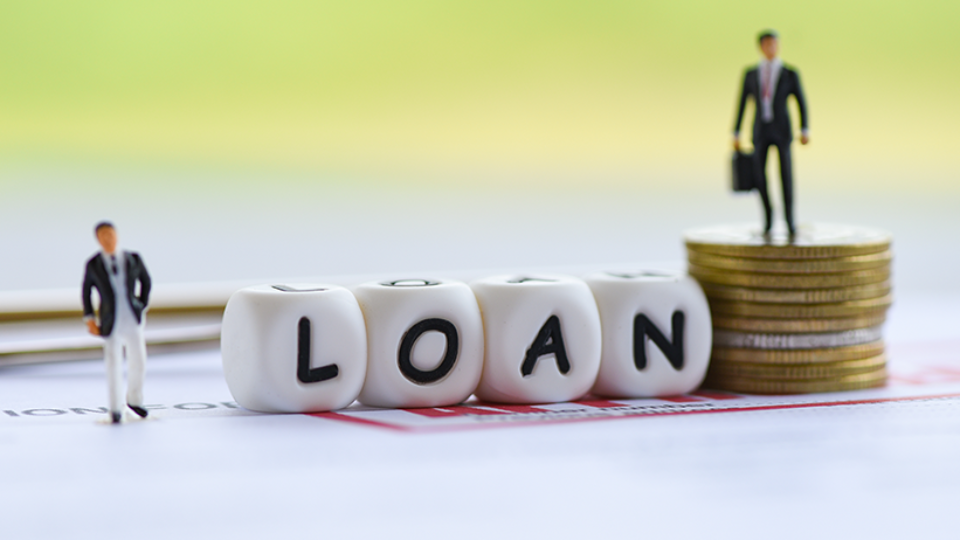In these trying times, it’s very easy to get overwhelmed by all the bills and monthly expenses. When you’re struggling to make ends meet, oftentimes knowing how to get back on your feet is the hardest part and one which most people tend to put off as much as possible. This means that by the time you are financially secure to even think about returning to normal, you are faced with a looming pile of overdue bills that threaten your financial security all over again. At this time, finding a solution out of this seems impossible.
The first step out of any financial pitfall is always budgeting.
However, before you even think about creating a budget, you should analyse your current situation.
How to Analyze Your Current Situation
Financial Status Assessment
Paying bills, especially overdue ones, is one of life’s most troublesome chores. It’s very natural to leave bills unopened out of sheer fright at their contents.Yet, the feeling of being caught up on all outstanding payments is a good enough feeling to want to strive towards. Start with figuring out which bills are overdue and by how much, which ones are close to service interruptions or disconnections, what is the minimum payment required on your personal loan etc. This might require you to contact your service providers to find out certain details. Once this is done, you will know exactly how much your initial payment should be.
.jpg)
Prioritise Payments
There are many ways you can tackle paying bills that are overdue.
One way is to settle the smallest bill first so that you feel some relief at crossing one off the list entirely. Another way you can approach this payment is to start paying bills for the services that are most important to you. However, the most common way of prioritising is to focus on the most critical bills (possibly your rent or utility bills) and then look at the ones which are most overdue and nearing disconnection. It is also important to note that you should also focus on paying bills that are costing you more the longer you delay them, in reconnection, late payment and interest fees. This way, you avoid the hassle of having to pay even more as well as all the inconvenience. If possible, try and talk to your service providers about setting in place some kind of payment plan that won’t require you to settle the overdue amount all at once.
.jpg)
Finding The Money
Now that you’ve finished prioritising how you would be paying bills, the next step is managing your income in a way that not only covers these payments but also your monthly expenses. In Step 1, you analysed all your bills. Now it’s time to analyse all your expenses. This becomes extremely easy if you have a habit of tracking your expenses. If you don’t, now’s the perfect time to start. Begin by listing down all your streams of income. Now, make a list of all your fixed monthly expenses (bills, food, traveling, savings etc.). The remaining money is how much you’re left with for the rest of your variable monthly expenses and you have to make do with this. If this is your first time budgeting, set aside around 20% of the remaining amount to cover any critical expenses that you haven’t accounted for.
Avoiding This Problem in Future
If you follow the above three steps properly, you should be able to budget well enough to catch up on all your overdue bills. However, what can you do to ensure this never happens again?
For starters, get into the habit of paying off all your fixed costs as soon as you get your paycheck. Next, think about how you can reduce your fixed costs for a few months at least to allow you some wiggle room for your monthly expenses. Think about sharing the cost of your Netflix subscription with someone else. Cancel it entirely if you’re really struggling for cash. Get rid of any additional cable TV channels you’re paying for. Downgrade your internet package. Cook food at home rather than eating out all the time. Adopting a more frugal lifestyle will not only help you catch up on paying bills but will also save you a lot of money in the long run - you might even find yourself dropping unhealthy habits (like smoking, coffee addiction, over-shopping, etc.). Setting up an emergency fund that will help you in these situations will also come in handy.
Also, finding out how exactly you got behind on paying bills will help you avoid a similar situation in future. Is it because you simply didn’t have enough money to cover all your monthly expenses? If so, maybe it’s high time to take up a few side hustles to earn some extra cash (Read here : Side Hustles You Can do to Make Extra Money). If you face difficulties in actually making the payment due to lockdowns and travel restrictions due to Covid-19, inquire about online settlement - most service providers offer this facility.
Your budget is always a work in progress. You might not get it right the first time and that’s okay. It’s important to relook at and rework your budget on a regular basis along with any changes in your income and spending habits. If you are able to learn the tricks of budgeting (in ways that suit your lifestyle and no one else’s), falling behind on paying bills and not having enough money for your monthly expenses will become a thing of the past.







